How public anger over Shanghai lockdown threatens China’s zero-Covid campaign
Despite government efforts to censor information as Shanghai’s lockdown enters a fourth week, some citizens are finding ways to broadcast human rights violations by the authorities, reports William Yang

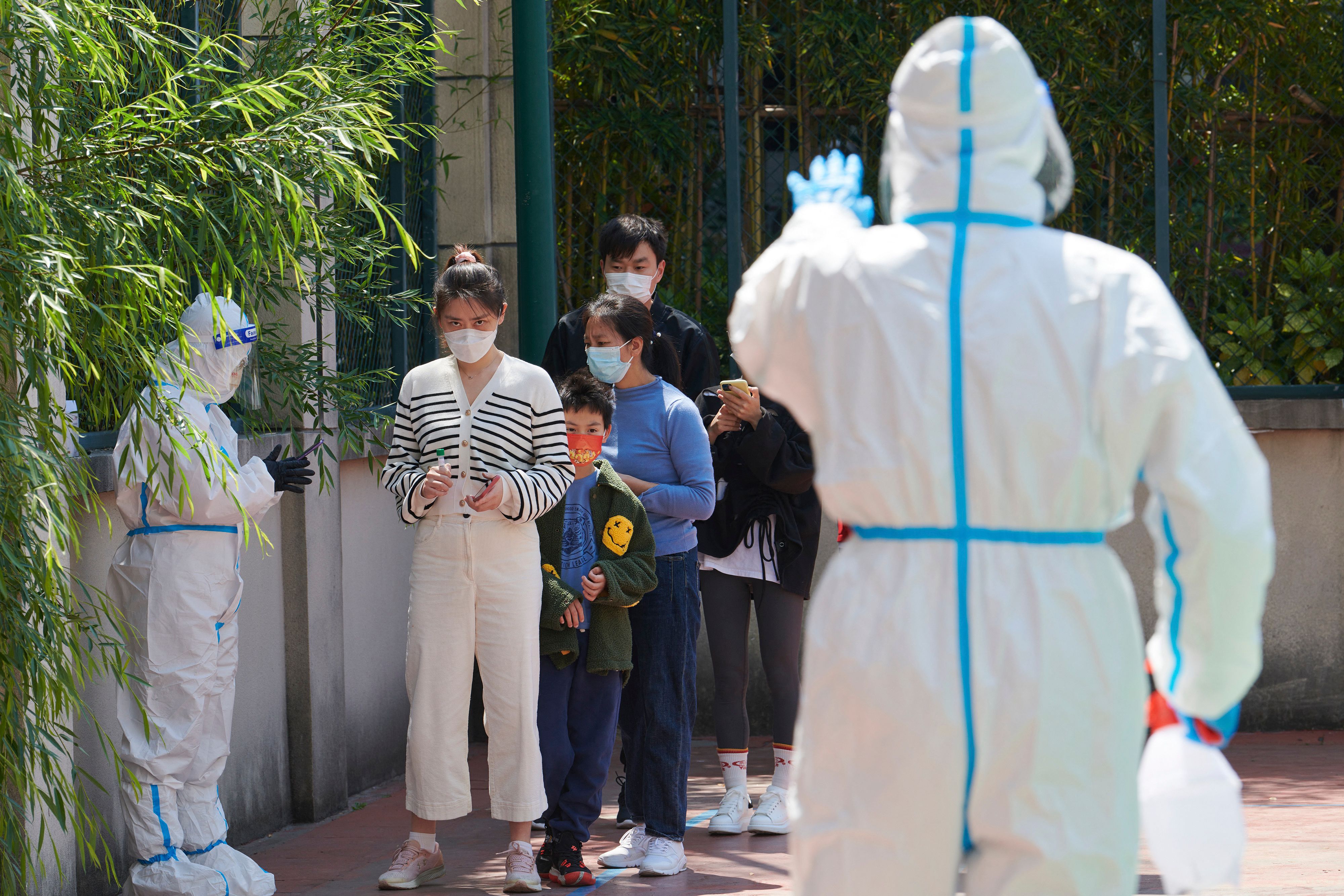
As Shanghai‘s Covid lockdown enters its fourth week, complaints from frustrated citizens and stark accounts of human rights violations continue to dominate the headlines.
For many residents in China’s biggest and most affluent city, the last month feels like the accelerated decline of a metropolis that has long been viewed by many as perhaps the most liberal place in a country that has a notorious reputation globally over its human rights record.
For weeks, Shanghai has tried to contain the worst local outbreak of coronavirus in more than two years.
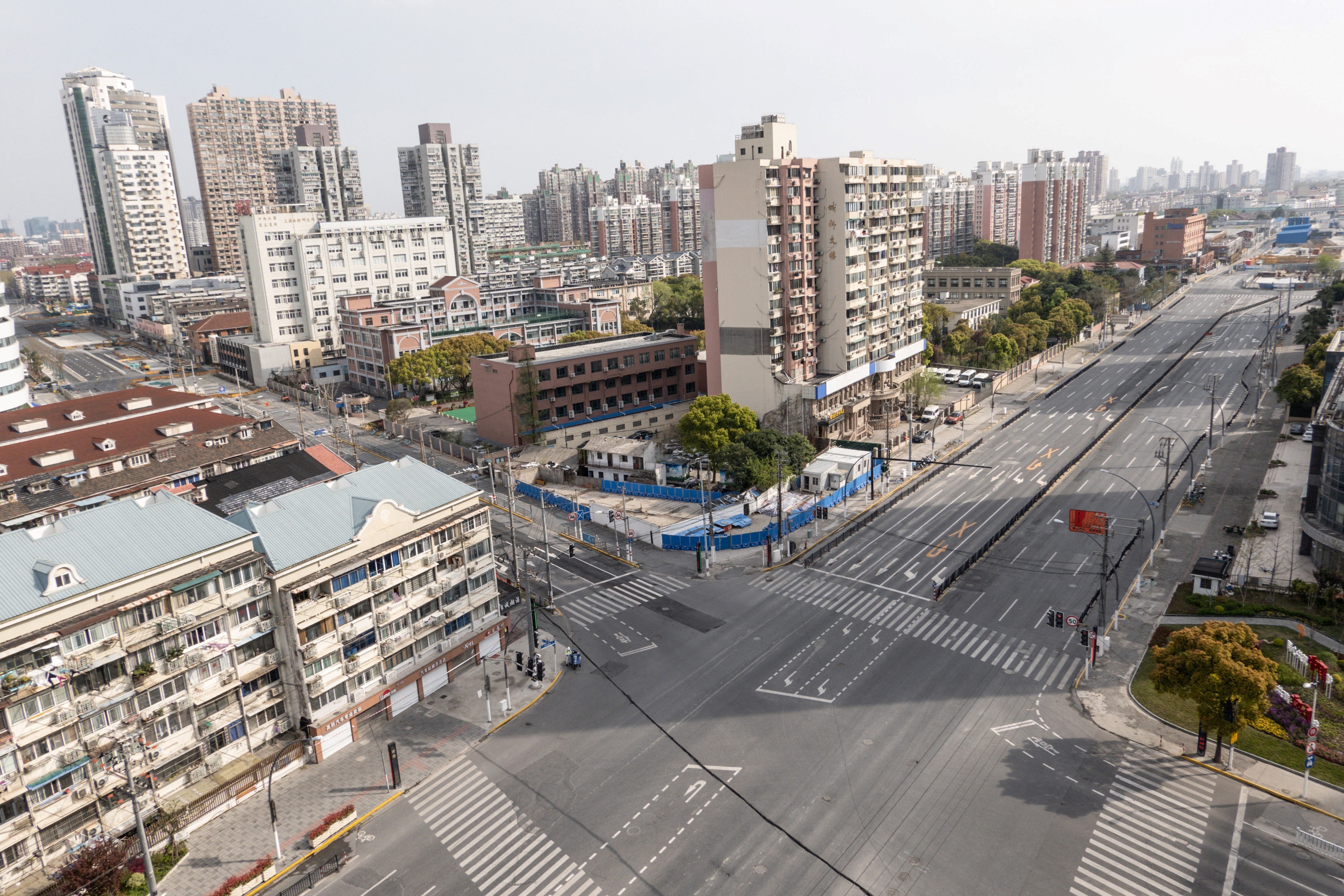
With tens of thousands of new cases emerging every week, authorities imposed heavy-handed policies to restrict residents’ movements while building makeshift quarantine facilities to accommodate the growing number of people that meet the criteria of being “quarantined”.
While other countries have discussed the transition from pandemic to endemic with coronavirus, China has stepped up its zero-Covid policy to stamp out any new outbreak as soon as it arises, sealing off cities, shutting transport links and launching mass testing programmes.
Shanghai’s full-city lockdown began at the start of April yet many of its 26 million people have been confined to their homes for much longer, and the stress is taking its toll.
Despite Beijing’s sophisticated censorship regime, Shanghai residents have tried different ways to share stories about people starving due to the lack of food and basic necessities, parents being forcefully separated from their toddlers, or non-Covid patients dying after not receiving urgent medical care.
While most such content is quickly censored or deleted, some accounts have been preserved and attracted the attention of the international community. One of the examples is a six-minute montage of audio recordings called “Voices of April,” which has been circulated millions of times in China and around the world.
Panning across Shanghai’s silent skyscrapers, it consists of residents complaining about the lack of food and medicine, as well as the heavy-handed tactics of city authorities.
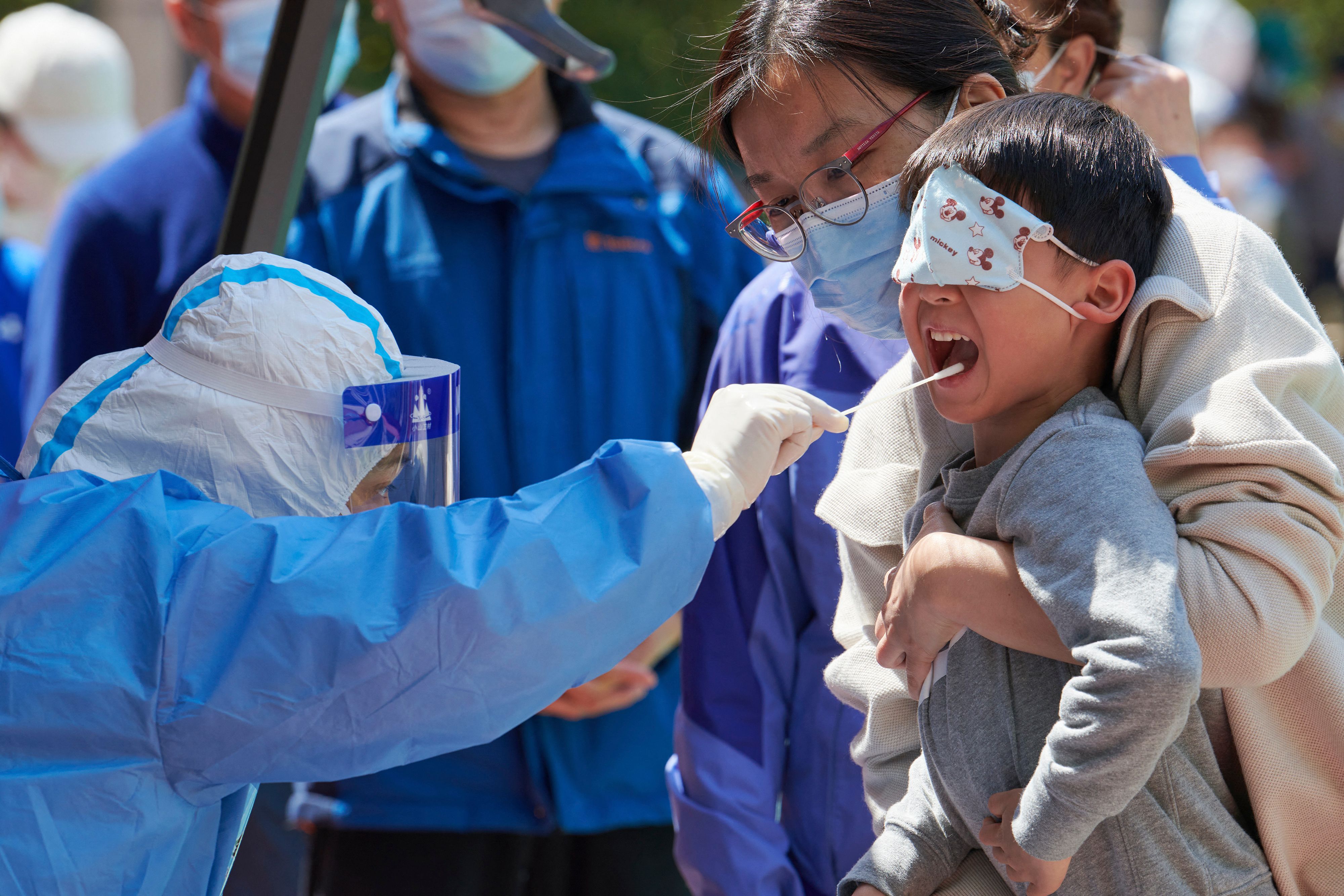
For many Shanghai citizens, the agony and suffering exposed by the video reflect their collective experience over the last month, but for the Chinese government, it represents a threat to its image and zero-Covid policy.
“The voices from the video montage reflect the experiences of millions of Shanghai residents over the last month,” says Ms Wang, who is still recovering from being forcefully taken to a makeshift hospital designed for people who tested positive for Covid.
Ms Wang, who refused to be identified by her full name out of security concerns, and her sister were sent to the makeshift hospital because of a PCR test that her sister had taken almost two weeks earlier. For more than 10 days, they were pressured by people from the neighbourhood committee, local health authorities and police because her sister’s test result remained pending.
“We would be visited by police at 7am in the morning or receive phone calls from local health authorities at 11pm, claiming that we had to be quarantined at one of the makeshift hospitals because my sister’s test result was ‘pending,’” she tells The Independent.
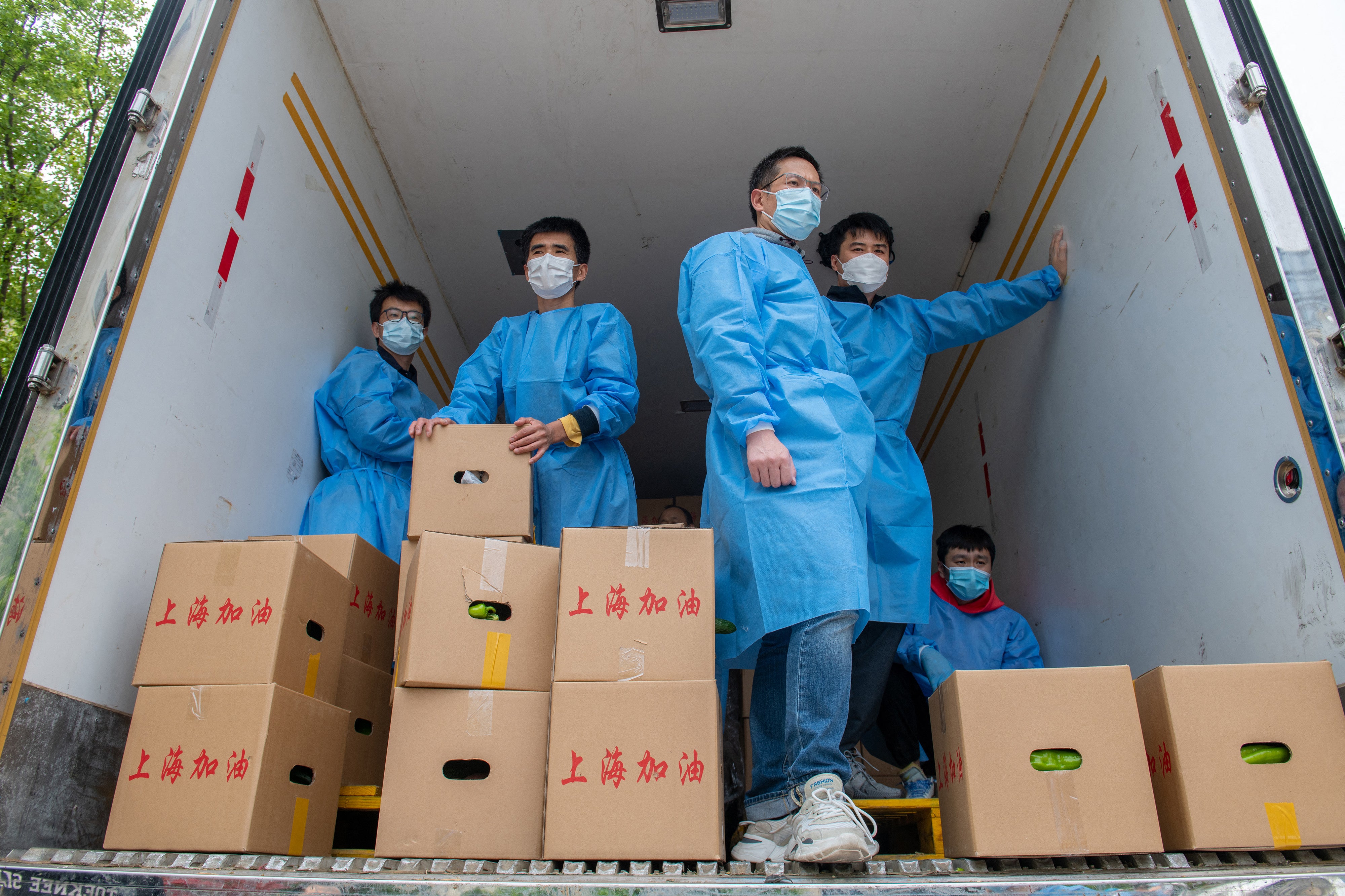
“While the police told us we had the right to refuse to comply, people from the neighbourhood committee and local health commission would claim that we had broken laws for not complying with the demand,” she adds. “Since my sister has other pre-existing health conditions, we had been trying to avoid going to the makeshift hospitals, as videos we’ve seen online show very unsanitary conditions at those makeshift hospitals.”
Eventually, they gave in after a group of police showed up at their door and claimed that a car that was sent to pick them up was waiting downstairs.
A day after arriving at the hospital, they received a call from someone who claimed to be the doctor that was assigned to process her sister’s test.
“He told us that her test result was negative and the only reason why it remained pending for almost two weeks was that he forgot to upload her test result,” Ms Wang says angrily. “When we played the audio recording to the doctor who was in charge of the makeshift hospital, they refused to let us go home and says since we are now at a facility full of people who have supposedly been tested positive for Covid-19, we need to meet the criteria set by the government in order to be discharged.”
After two negative tests and three nights at the makeshift hospital, they were finally able to go home on 25 April, but the experience has left them traumatised. Ms Wang tells The Independent that their experience is not an isolated incident as other neighbours, who have proof of their negative test results, have also received similar orders from local health authorities and police simply because they were on a list issued by the Centre for Disease Control (CDC) in Shanghai.
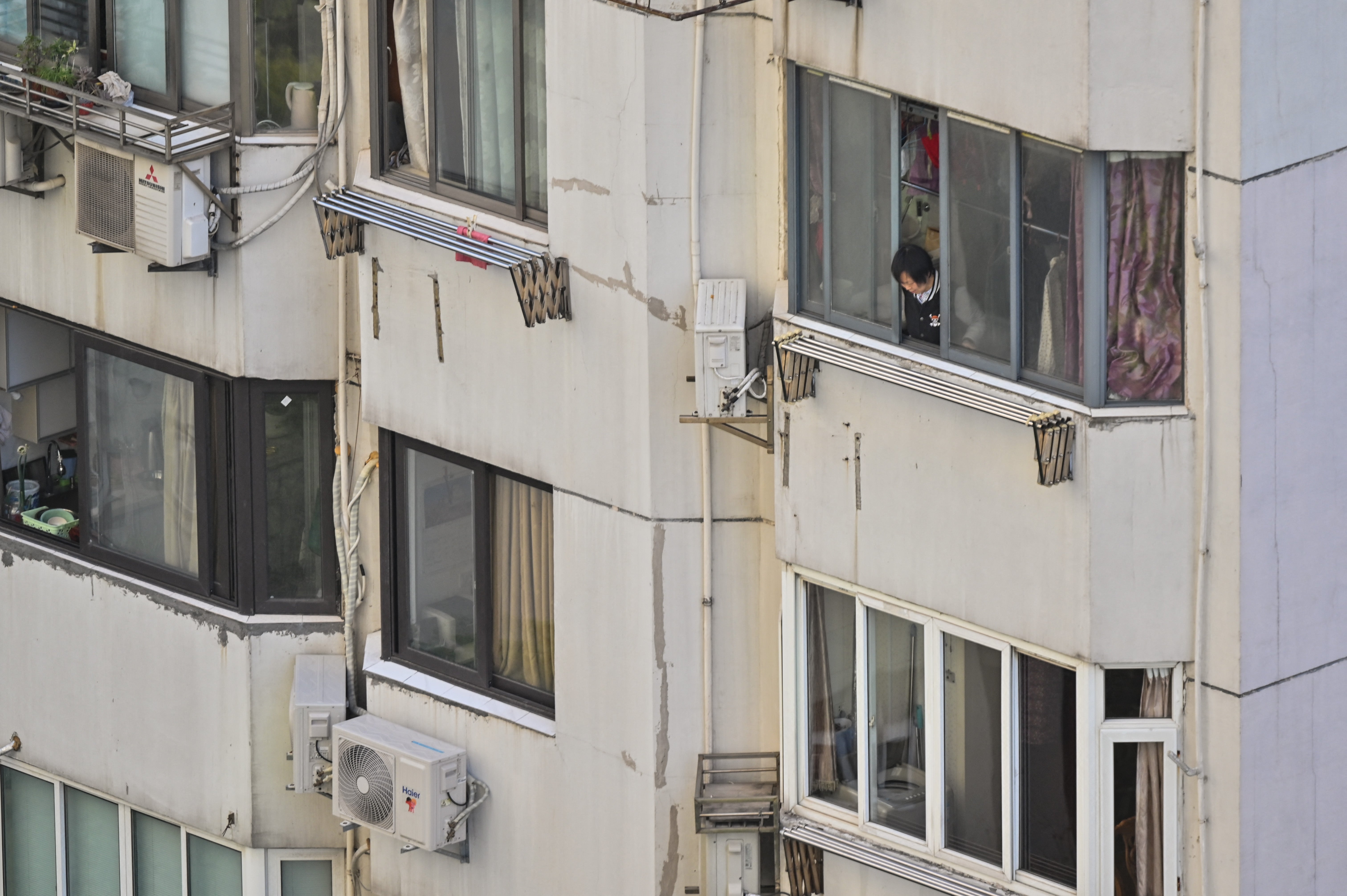
While many Shanghai residents are shocked by the large number of human rights violations that have emerged from the city over the last month, some analysts say they are not so surprised.
“Under the political system in China, which is highlighted by an unrealistic and irrational goal of a political party, it is hard to avoid human rights violations at such a massive scale,” says Teng Biao, a Pozen visiting professor at the University of Chicago.
“What we saw in Shanghai is not the worst. In places like northeast China and Yunnan, where the degree of openness is not as high, much information can’t reach the outside world and the situations there could be understandably worse,” he adds.
Local officials in Shanghai maintain there will be no relaxation until new cases outside of quarantine areas have all been cleared.
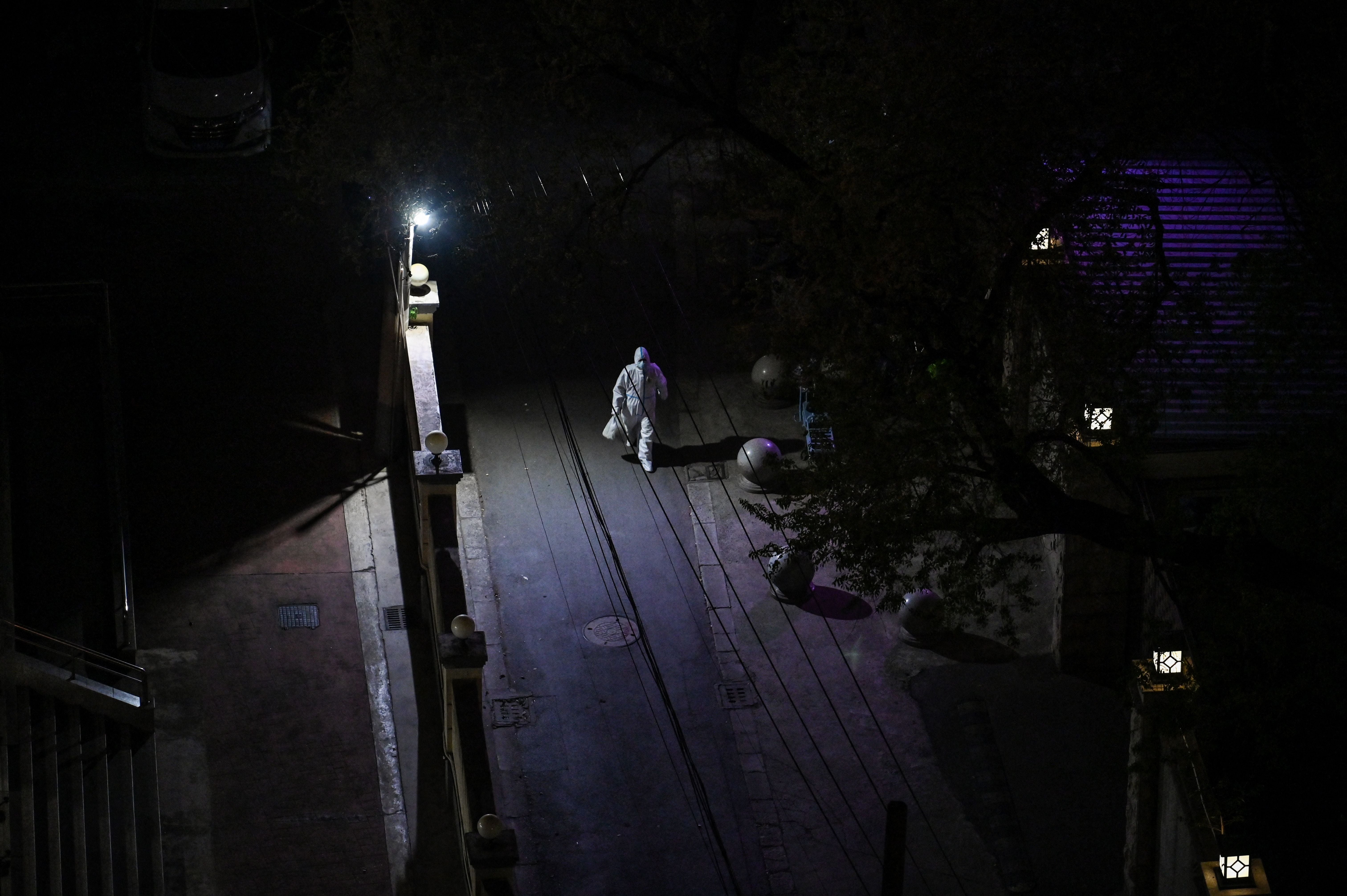
Despite the government’s attempts to silence civil society and stop people voicing complaints, some efforts to document rights violations have proved successful. For example, Chinese netizens compiled a list of people who have died from non-Covid illnesses since lockdown began, while others use sarcastic keywords to criticise the state online.
“I think the messages reflect the diversity and complexity in both Chinese public sentiments and Chinese governance,” says Yangyang Cheng, a research scholar at Yale Law School’s Paul Tsai China Centre.
“The Chinese public is not oblivious to the government’s missteps and has always found ways to voice dissent; however the extent of the dissent is often very limited in scope and focused on individual grievances, hence lacking collective organizing power and posing little threat to the ruling state,” she adds.
Teng Biao says that while these efforts to push back against the authorities should be praised, their effect remains very limited as it is hard for these messages to break through Beijing’s sophisticated censorship regime and massive propaganda apparatus.
“China’s propaganda apparatus will prevent most Chinese people from learning about these dissenting opinions or understanding why some Chinese people are pushing back against the government’s policies,” he says.
“China’s Great Firewall will block a lot of meaningful information from the public and it is hard for the general public to be ‘awakened’ under such circumstances.”






Join our commenting forum
Join thought-provoking conversations, follow other Independent readers and see their replies
Comments